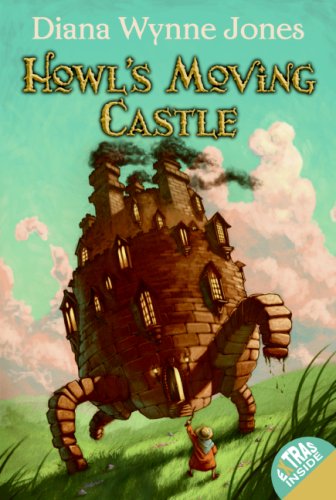 The furore I posted about yesterday has inspired me to do a new recommendations list of feminist-friendly YA novels.
The furore I posted about yesterday has inspired me to do a new recommendations list of feminist-friendly YA novels.
But, before I launch into it, what qualifies something in my mind to appear on this list. Here are the factors I am currently working on:
- Equal billing, equality of opportunity: women and girls should be presented as equal to men and boys. Ideally there should be as many female characters as male and in similarly ranked professions e.g. fiction with three male doctors and three female nurses would not count
- Passes Bechdel test: girls must talk together about something other than boys
- Avoids stereotyping: boys are allowed to like pink and dislike sport, girls are allowed to enjoy sport and aren’t inevitably interested in fashion.
Okay so those three are givens. I think there are probably lots of other potential criteria too though – elements that aren’t required but would increase the feminist-friendly nature of the work. For example:
- Characters discover/learn/engage with feminist issues e.g. equal pay, reproductive freedom, harmfulness of the beauty industry etc
- Matriarchal fantasy society or similar female empowerment, unless presented as vile dystopia
Does anyone have ideas to add to these?
An example recommendation, on these terms, with an explanation, might read:
Howl’s Moving Castle by Diana Wynne Jones
In the fairytale kingdom of Ingary, oldest sister Sophie expects to fail first and worst at everything she tries. But when a wicked witch’s curse turns her life upside down she sets off to seek her fortune. Strong and intelligent female characters strew the pages of this book from Sophie and her sisters to the Witch of the Waste herself. Some readers might cavil at the romance plot which suggests the love of a good woman redeems a shiftless man but this is expressed with emotional realism and doesn’t fall back on an easy ‘happy ever after’ ending.